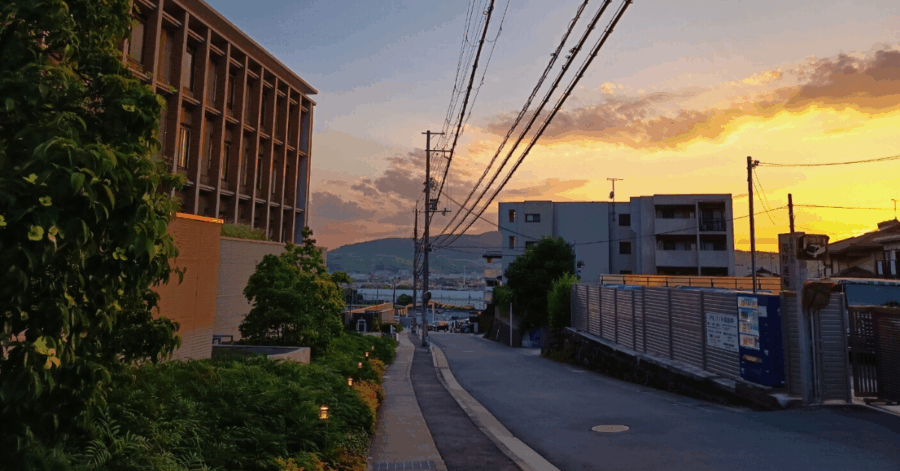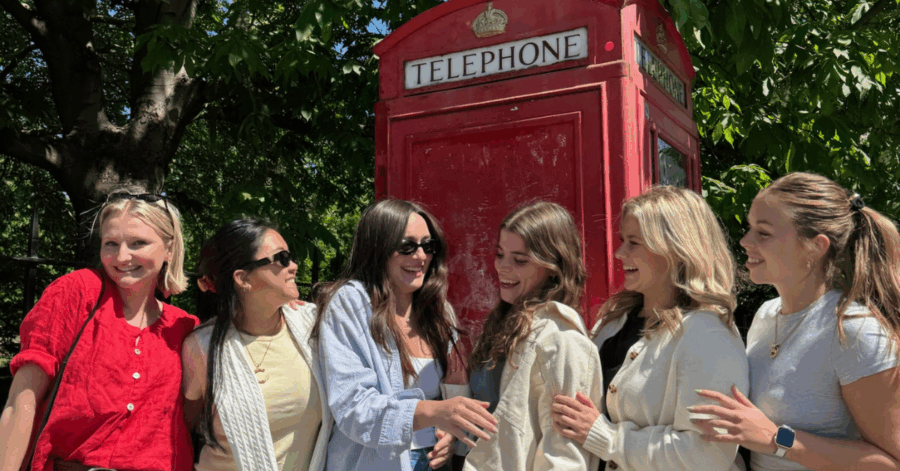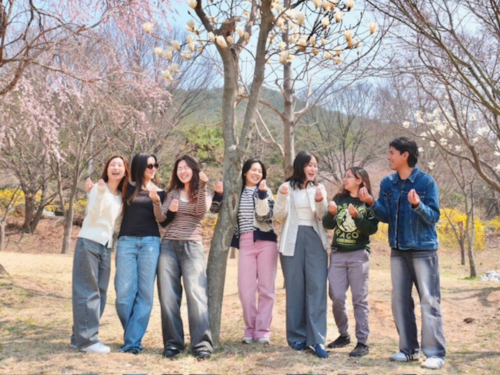Hola a tots! El meu nom és Mel S tack.
tack.
I am a 4th-year undergraduate student in the Liberal Arts Honors Program, as well as the McCombs School of Business Foundations Program on the Forty Acres. This semester, I will be studying at Universitat Pompeu Fabra in Barcelona, Spain!
Throughout the semester, I am going to provide you with a unique perspective about what it’s actually like to be an international student in Barcelona. I’m going to give you everything! You’re going to read about both the good and the bad, with a personal touch. I also plan on going into detail about Barcelona’s diverse culture, sports, and entertainment. Think of me as your exclusive Barcelona insider. Now let’s get to it!
 Within a few days of my arrival, I was presented with an unfamiliar, but also fascinating Catalonian cultural experience. In Catalan, it is called, “La Diada”.
Within a few days of my arrival, I was presented with an unfamiliar, but also fascinating Catalonian cultural experience. In Catalan, it is called, “La Diada”.
For Catalonians, La Diada embodies a day of celebration and a friendly reminder to the rest of the world that Catalonia is proud to be unlike the rest of Spain. On September 11 of every year, millions of Catalonians take to the streets of Barcelona for a multitude of reasons. Historically, La Diada is a commemoration of the city’s geopolitical defeat in the War of Spanish Secession.
Today, the meaning of the holiday has since adapted to feelings of both pride and tension.
On La Diada of this year, I made it a priority to speak with a number of people from Barcelona in order to understand the deeper significance behind the holiday. Many explained to me that celebrating La Diada symbolizes their pride in Catalan traditions such as the Catalan language, or the notorious Catalan human tower. For others, it takes on a political meaning, as these individuals are passionate about Catalonian secession from the rest of Spain.
Although I received varying responses, a recurring theme of animosity toward the Spanish Federal Government remained consistent.
In November of last year (2017), a Spanish judge ordered several members of the Catalan government to be jailed on charges of rebellion and violating Spain’s Constitution. As a result of their imprisonment, many in Barcelona organized peaceful protests in honor of the jailed Catalonian officials, demanding their release. In addition, many Catalonians also demonstrated their support by creating yellow ribbons, and placing them in public locations throughout the city.
 Prior to studying abroad in Barcelona, I maintained a surface-level understanding of the Catalonian Independence Movement. I followed the main sequence of events in the news, but I quickly realized how much more there was to learn.
Prior to studying abroad in Barcelona, I maintained a surface-level understanding of the Catalonian Independence Movement. I followed the main sequence of events in the news, but I quickly realized how much more there was to learn.
Despite the fact that I have not spent a significant amount of time in Barcelona yet, I learned that speaking with locals and assimilating as an international student are great ways to understand foreign affairs on a meaningful, and deep level. Online articles and television segments can be persuasive, but these media channels leave readers and viewers with an incomplete understanding.
All in all, what these outlets of information fail to convey are the emotions and feelings that come with understanding the passion that drives geopolitical movements.
From my perspective, witnessing both the La Diada festivals, as well as the demonstrations first-hand inspired me to dig deeper and learn more. In the following days after La Diada, I switched out of an elective class, and signed up for “Catalan for beginners”.
At this point in time, I am ecstatic about taking on a new language. Although I am familiar with Spanish, I realize that Catalan is much different, and I recognize the challenge ahead.
I decided early on that I wanted to culturally immerse myself as much as possible, and create a plan with actionable tasks to accomplish this goal. For me, enrolling in a Catalan language course is the first step, and certainly not the last.
See you next month!
This post was contributed by Mel Stack, a 2018 Ambassador.
Don’t get left behind. Read a fellow Longhorn’s experience in Barcelona>>






Thanks for your point of view and your understanding, you are welcome in Catalonia as much times you want
I am so pleased to read your article about ‘La Diada’ and your quest to understand the meaning of this fiesta also the passion behind this for the catalan people. I have been visiting Barcelona for over 30 years staying there for number of weeks visiting my sister who is married to catalan who has lived there for over 40 years. I was also there when the elections took place for independence and witnessed the awful scenes of brutality by Spanish police at the polling stations. I also witnessed the dignited demonstrations held by the catalan people. I am so pleased your learning Catalan and becoming immersed within their culture which is so fascinating. Lastly how wonderful the catalan people are, BRAVO senior.